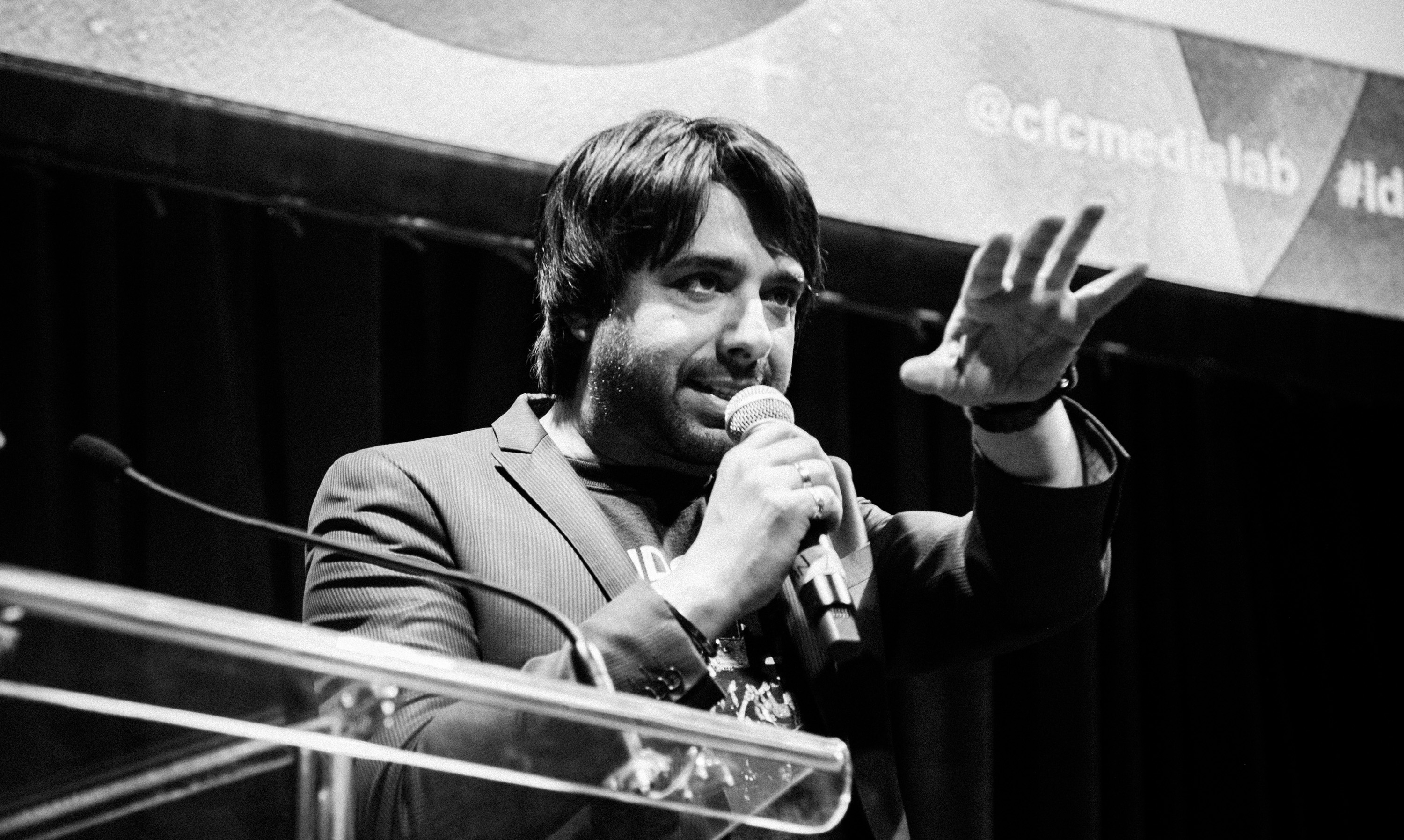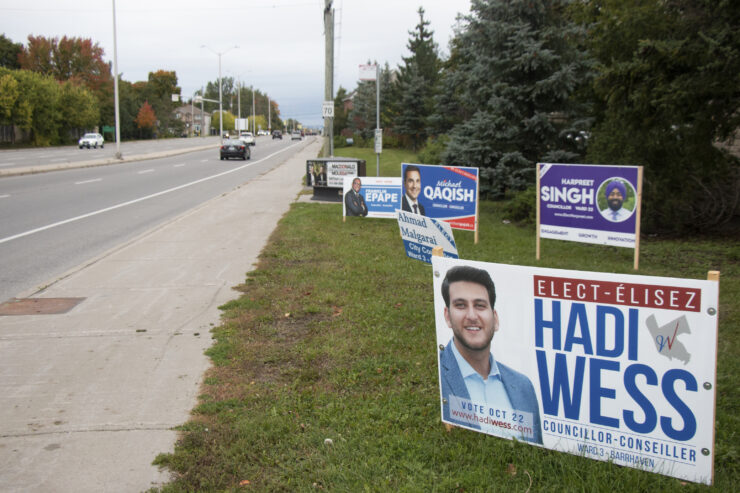One-dimensional view of abuse pressures victims, factor in omissions on the stand
After fallen CBC star Jian Ghomeshi was found not guilty on all sexual violence charges brought against him, Canada became divided in its discourse. The dust has somewhat settled, but have we taken away anything valuable or constructive from this case?
Some commentators decried the women who took the stand, calling them manipulative and untrustworthy, while others denounced the legal system for its anti-victim process, and protested the decision. Regardless of your stance on the verdict, the most important lesson to take away from the Ghomeshi case begins outside the courtroom.
The judge ultimately found the witnesses’ stories to be not credible due to the fact they withheld information from the court. However, it’s worth noting that in almost every instance, omissions pertained to the way the alleged victims behaved with their abuser after their assault—sending flowers to Ghomeshi, writing him love letters, and sending bikini photos, among other forms of continued contact.
But are these women simply dishonest and trying to ruin Ghomeshi’s career? There’s likely much more to the story than that. People in abusive relationships don’t always recognize the relationship as abusive right away. This is a reality that society too often fails to recognize, as we tend to be shocked and appalled when victims don’t walk away from their abuser at the first sign of trouble.
A prominent example of this in pop culture was when singer Rihanna made headlines in 2009, as her relationship with singer Chris Brown took a turn for the worse. After Brown assaulted Rihanna, it was later reported that the pair reunited. Subsequently, magazine stands were awash with covers that reprimanded Rihanna for the decision and demanded that she leave Brown.
With toxic, short-sighted commentary on abuse plastered across the mainstream media, it’s easy for victims to see their behaviour as abnormal and feel isolated as a result. However, according to the National Coalition Against Domestic Violence in the United States, 85 per cent of women who leave an abusive relationship later return to it.
If women in the spotlight, like Rihanna, are publicly chastised for returning to an abuser, why would other women be forthcoming about their same behaviour? How can we expect the Ghomeshi witnesses to be honest about their post-abuse affection, when society has a tendency to condemn this type of behaviour?

Photo: CC, Canadian Film Centre.
The three witnesses were put on a pedestal, tasked with seamlessly representing a larger number of complainants against Ghomeshi. With this pressure in mind, it’s easy to see why they omitted information that didn’t paint them as society’s version of a ‘perfect victim’.
That said, electing to return to a person that is physically, mentally, or emotionally abusive isn’t a healthy pattern of behaviour. As such, it’s time we start recognizing that not all victims of abuse are mentally or logistically able to walk away, and that these behaviours are signs that the victim is in desperate need of support.
When a victim sends a love letter to their abuser, those entrusted with that information shouldn’t judge this as abnormal, but should be supportive and suggest that the victim receives treatment. If more people respond this way, more victims will be empowered to change their reality and speak more freely about their experience. We need to open up discourse to the many realities that victims face, effectively shutting down the idea that there’s only one socially acceptable way to be an abuse victim.
The witnesses in the Ghomeshi case might have told their stories truthfully if the norm in our society was not to shame those that return to abusive relationships, but to reach out to them with understanding. Is it OK to withhold information under oath because you’re embarrassed? No, but is it ok to overlook the fact these women chose solely to withhold information that doesn’t fit the ‘socially valid’ abuse victim profile? Certainly not.
So let’s stop bickering about whether the verdict is right or wrong, or whether the witnesses are lying. Let’s start talking about how we can change the one-dimensional, mainstream ideals of victim behaviour. When victims of abuse feel they can shamelessly come forward with their truth, justice can and will be done.





